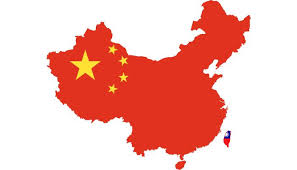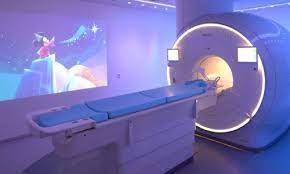Koninklijke Philips Pays SEC $62 Million to Resolve FCPA Violations in China

After a long-running investigation, Koninklijke Philips (“Philips), a Dutch company, resolved FCPA violations in China by agreeing to pay the SEC $62 million. Philips is a global manufacturer of medical equipment.
Philips agreed to pay $15 million in civil penalties and more than $47 million in disgorgement and prejudgment interest. According to Philips, DOJ has declined to prosecute charges in the current case.
Philips’ recent settlement is its second in the last ten years. In 2013, Philips resolved FCPA charges with the SEC arising from bribery violations in Poland. In that case, Philips paid more than $4.5 million to settle charges that Philips bribed Polish health care officials. Philips paid the SEC $3.12 million in disgorgement and $1.39 million in prejudgment interest.
Philips’ subsidiaries in China (collectively referred to as “Philips China”) engaged in several distinct bribery schemes to advance Philips business. Philips sells diagnostic imaging medical equipment through distributors and sub-dealers to government-owned hospitals. Philips China’s financial results are consolidated into its financial statements that are filed with the SEC.
Philips entered the China market in 1920, and established its first joint venture in 1985. In the China market, a majority of medical diagnostic imaging equipment are purchased by state-owned hospitals through public tenders. By 2016, over 50 percent of Philips China’s sales of medical diagnostic imaging equipment were sold indirectly through authorized distributors and sub-dealers retained by distributors. By 2018, 91 percent of Philips medical diagnostic imaging revenue in China was earned though this network of distributors and sub-dealers.

Philips was committed to increasing its diagnostic imaging business and aggressively competed in public tenders against rival suppliers of the same equipment. In some cases, at the request of distributors, Philips China gave distributors pricing discounts on the health technology equipment that it sold to distributors. However, Philips failed to maintain and adhere to its internal approval processes and recording of pricing discounts to ensure that management properly authorized the discounts. These pricing discounts created a significant risk that “excessive distributor margins could be used to fund improper payments to employees” of state-owned hospitals.
During the period of 2014 to 2019, Philips China employees engaged in several schemes to secure favorable outcomes in public tenders for medical imaging equipment. The improper conduct occurred in several regions of China and involved Philips China’s district sales managers, sales empoyees and technical staff.

These schemes included:
- State-owned hospital employees wrote technical specifications in consultation with Philips China’s employees, distributors or sub-dealers so that the technical preferences and specifications provided Philips with a competitive advantage in the public tender process;
- A hospital employee drafted technical specifications to increase the likelihood that Philips China would qualify for the winning bid; and
- A hospital employee directed Philips China or its distributor or sub-dealers to prepare two additional bids to meet the three-bid requirement under Chinese laws governing public tenders in order to give the appearance of legitimacy.
- Philips employees convinced hospital officials to draft technical specifications in the public tenders that favored Philips’ products in the competitive tender process. By securing the agreement of various state-owned hospital directors to restrict the technical specifications, the number of qualified bidders was reduced to Philips China and only two other companies.
In one example, which occurred in a 2017 public tender, which was won by a Philips China distributor for two Philips devices valued at $4.6 million, the Philips China district manager delivered $14,500 in the RMB equivalent to the home of a director’s of a hospital’s radiology department in return for the director’s assistance in the procurement process. Philips China’s sales team discussed in advance the specifications to be included in the bid with the hospital director and its distributor prepared an accompanying bid to satisfy the three-bid minimum required by Chinese laws.
Another example occurred when Philips China improperly influenced a public tender valued at $475,000 in RMB equivalent. Prior to the award, the hospital directors tailored the technical specifications to ensure that only Philips China and two other manufacturers would qualify. A Philips China distributor then won the tender award.

Philips cooperated with the SEC investigation and voluntarily provided translations of key documents. As part of its remediation commitment, Philips agreed to:
- Improve its tone at the top and the middle, with a focus on Philips China;
- Increased accountability for enforcing compliance policies by its business leaders;
- Highlighted the importance of compliance as a key ethical business practice;
- Terminated or disciplined Philips China employees involved in the misconduct;
- Terminated its relationship with distributors involved in the misconduct;
- Improved its accounting controls relating to distributors, tender bidding practices and use of discounts and special pricing; and
- Submit periodic reports to the SEC over a two-year period of its remediations efforts.















